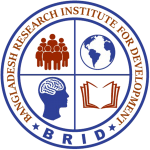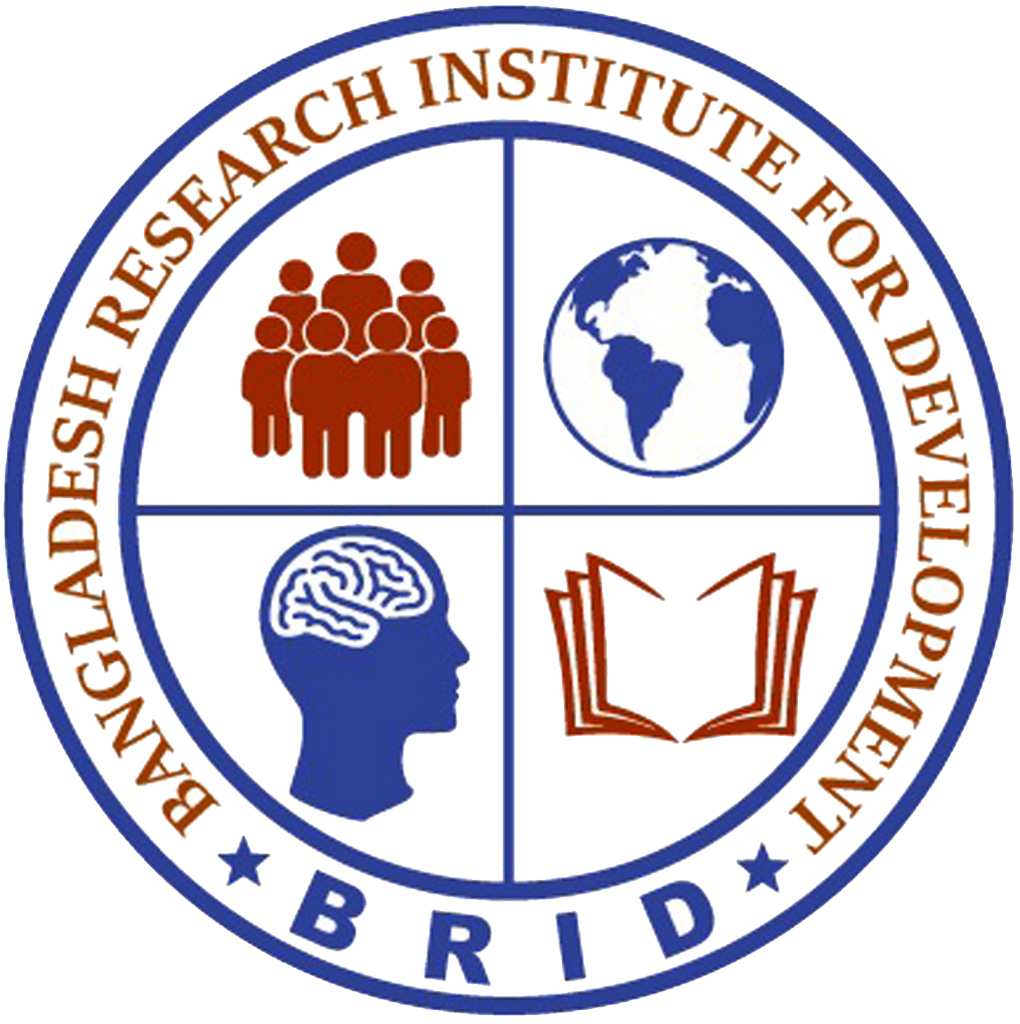Overview
Palli Karma-Sahayak Foundation (PKSF) and the World Bank are working to fund the Sustainable Enterprise Project (SEP). The goal of SEP is to encourage targeted microbusinesses to adopt environmentally sustainable practices. To illustrate the project’s influence on several sub-sectors, SEP has chosen 30 lead districts as the project’s operating area. The project focuses on a small number of polluting microenterprise company clusters and encourages the establishment of novel economic activities that are more environmentally friendly.
In the districts of Dinajpur and Thakurgaon, tens of thousands of small businesses process paddy rice. In an auto rice mill or semi-auto rice mill, most entrepreneurs process rice from paddy utilizing various toxic chemicals. Because rice grown with these pesticides appears to be lovely and shining, it is not as nutritious as it should be. Chemical-free industrial rice milling is unknown to local rice mills. Rice in both regular and high-quality varieties is in high demand. Entrepreneurs introduced modern rice threshing machines to improve efficiency. As a result, this sub-project aimed to produce high-quality full-grain rice without the use of toxic chemicals. This project also includes creating jute bags for rice packing, the establishment of high-energy charcoal-making equipment, and rice husk-based cow and fish feed factories. In response, the private sector presented a variety of solutions, including sanitary toilets, stronger factory chimneys, soil testing, and the production and marketing of whole grain rice. Developing and marketing as a brand will increase the capacity of entrepreneurs to manufacture whole-grain rice and bring financial benefits to entrepreneurs by leveraging high-end technology to process healthy and nutritious whole grain rice.
ESDO is implementing a SEP subproject titled “Promoting Full Grain Rice for Common People’s Regular Dietary by Reducing Environmental Pollution of Husking Facilities” by 1000 MEs, including ten unions from Dinajpur’s Birganj, Bochaganj, and Sadar upazilas, and Thakurgaon’s Pirganj and Sadar upazilas. Now, BRID is providing consultancy service to explore the lesson learns in the form of develop a book on the project’s achievement including project activities, services, milestones and others that would be played a key role in taking decision about the project operations.

